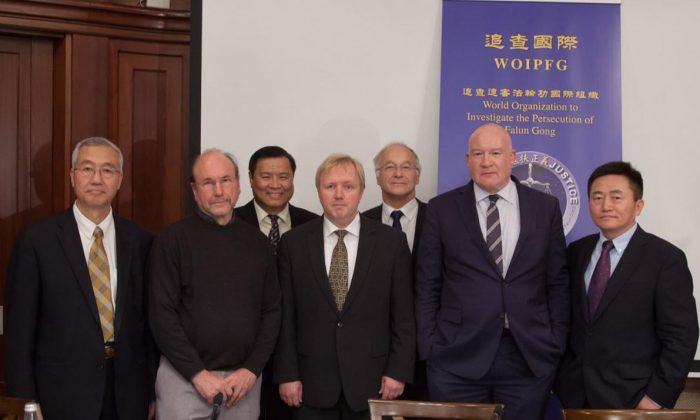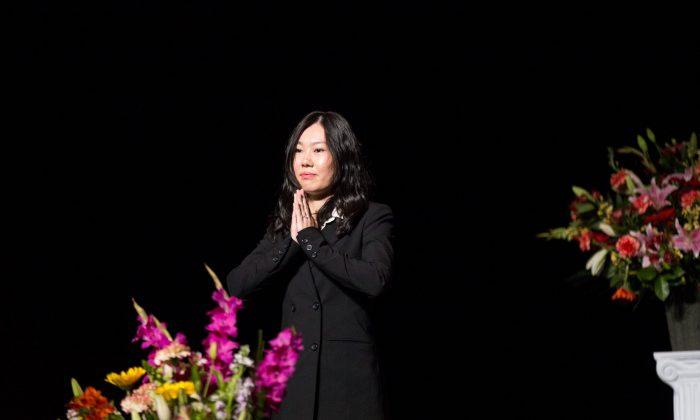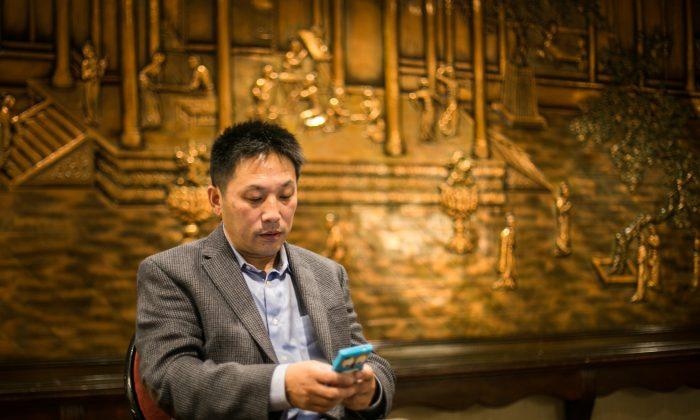WASHINGTON—Through its octopus-like series of controls, subsidies, discriminatory regulatory processes, and currency manipulation, the Chinese regime is gaming the world economic system and benefiting itself while harming other countries, according to arguments made before the Congressional-Executive Commission on China (CECC) on Tuesday.
“Not only did [entry to the] World Trade Organization not bring freedom and democracy to China, it didn’t bring fair trade either,” said Sen. Sherrod Brown (D-Ohio), co-chairman of CECC, at the hearing “Ten Years in the WTO: Has China Kept Its Promises?”
All parties acknowledge that there has been some progress on the part of the Chinese regime in integrating into the world economic system. But the panoply of violations is broad, and the trade deficit between the United States and China now sits at 273 billion—half of the total U.S. trade deficit.
“Where I’m from, you can literally see money and jobs flying out of the country,” said Democratic Rep. Marcy Kaptur from Toledo, Ohio, adding, “If you study recent history you can almost track directly where that wealth creation has gone.” China.
Given that the total cumulative trade deficit with China is $2 trillion, the upshot, according to Rep. Kaptur, is that “our country has lost over 4 million jobs in recent history to China.”
The idea that the trade deficit with China has directly led to the loss of American jobs is disputed by some economists, such as Derek Scissors with the Heritage Foundation, but potent arguments were brought forward to support that position on Tuesday. “If one looks at the deficit, it’s staggering. And it’s harming our country,” Rep. Kaptur said.
One tool in China’s arsenal of unfair trade practices is exploitation of labor. The Chinese regime does not allow independent unions, fails to enforce minimal working conditions, and uses prison camp labor to make products for export, according to Rep. Chris Smith (R-N.J.), who co-chaired the hearing. “The workers are being exploited as we speak,” he said.
Claire Reade, the assistant U.S. Trade Representative for China Affairs, said that her agency has brought five cases to the WTO over China, on wind power subsidies, concerns about the use of trade remedy law, discriminatory barriers in the electronic payments sector, and hoarding of raw material like rare earth metals.
Reade said that “enforcing our rights vigorously” is a priority of the current administration’s agenda.
The prognosis was grim, however; several speakers highlighted the fact that the specific problems identified in each case all go back to China’s current political economy.
“This is a very different system than we are used to in dealing with other major industrial powers,” stated Rep. Kaptur.
“What kind of system is it? That creates such imbalances, that is not a fair playing field, that doesn’t have transparency, [and] that has very irregular trading and investment rules?” she asked. “What kind of economic system would you call that?”
She said she proposed precisely that question to several economists testifying to the CECC several years ago. Their response, she said, was: “We would call it ‘Market Leninism.’”





Friends Read Free